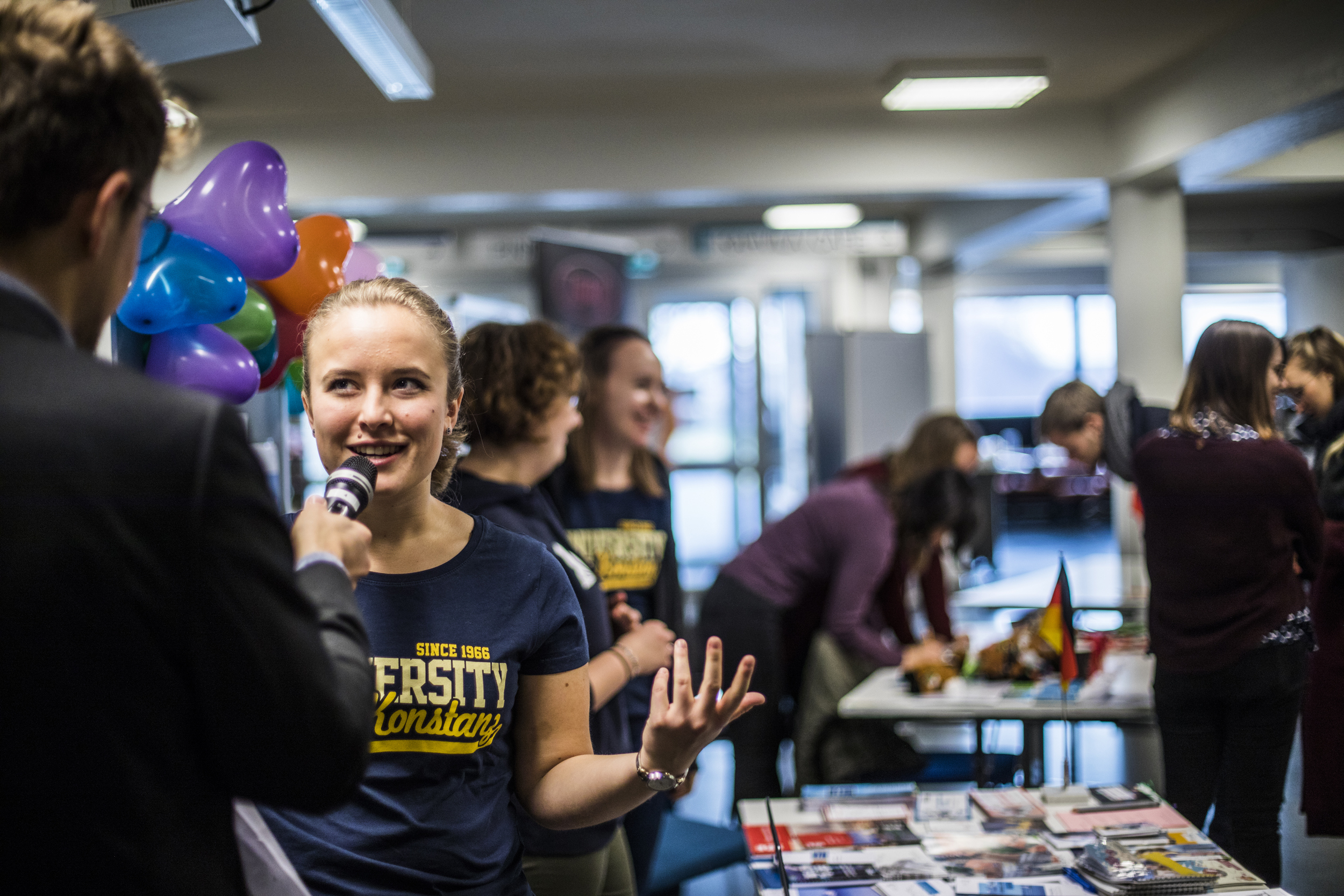
Tämä kotisivupalvelu on tarkoitettu Tampereen korkeakouluyhteisössä järjestettäville tapahtumille. Jos tarvitset sivustoa, ota yhteyttä osoitteeseen congress@tuni.fi.
This is a website service for events organised in the Tampere Universities community. If you need a new website, please contact us at congress@tuni.fi.
